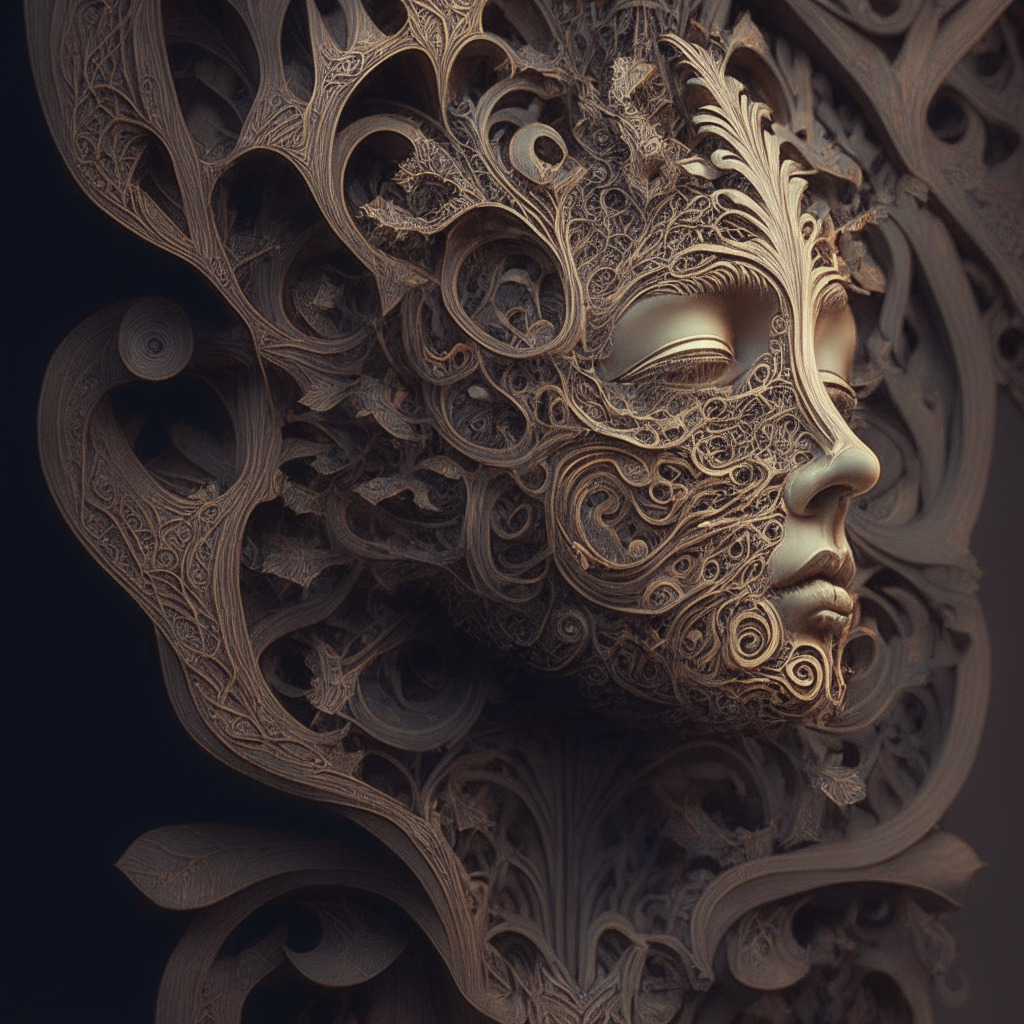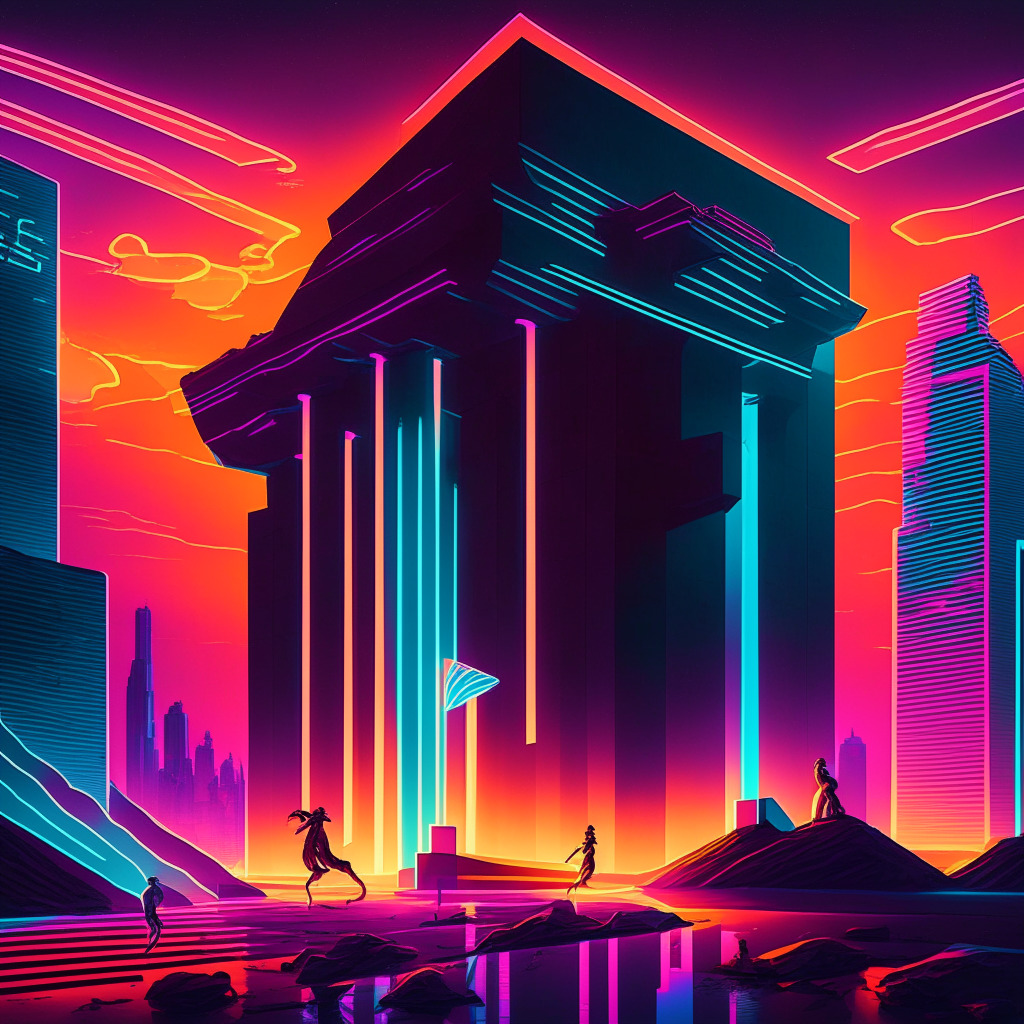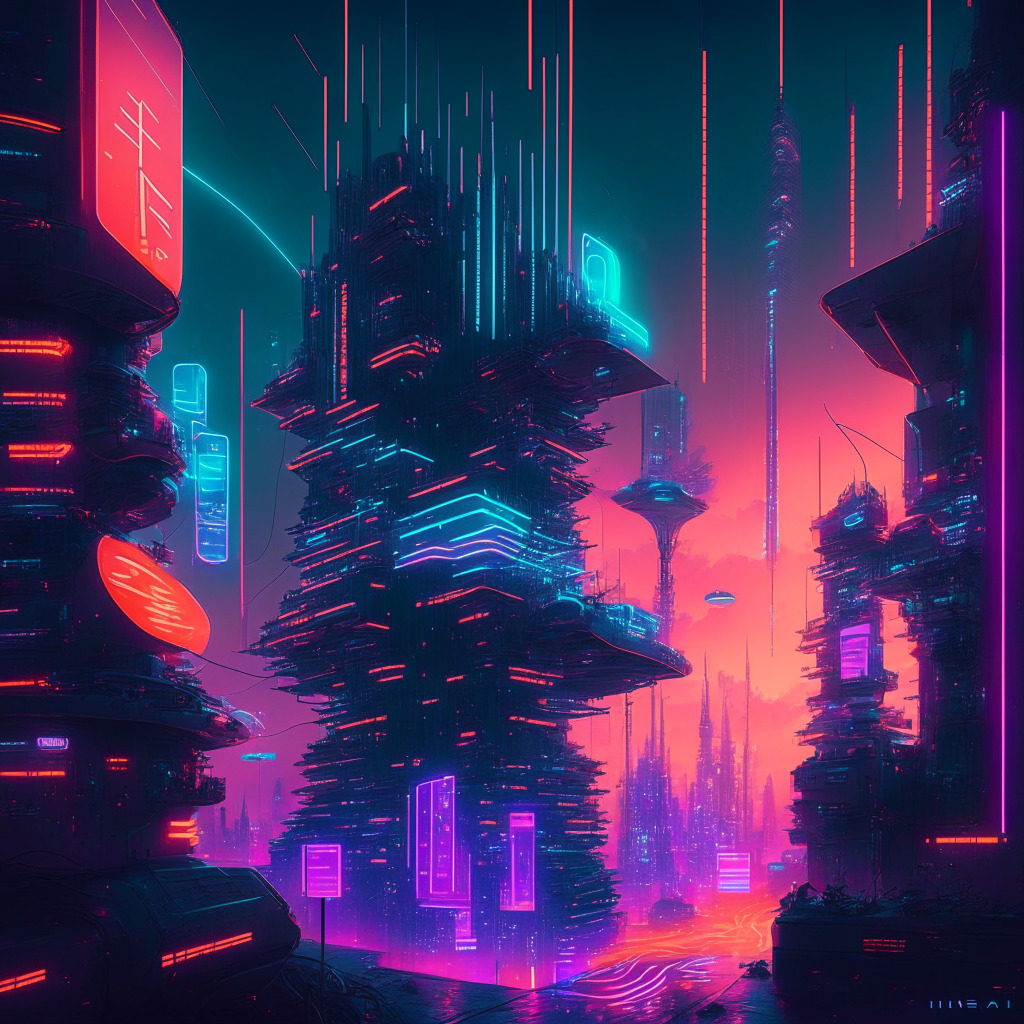Japanese artificial intelligence (AI) experts and researchers have recently raised concern over the lack of regulation surrounding AI and the potential for copyright infringement with the use of copyrighted material for AI training. A recent draft from the government’s AI strategy council highlighted these concerns, as there are currently no laws prohibiting AI from using copyrighted material and illegally-obtained information for training in Japan. This has led some experts to predict a surge in copyright infringement cases and other related issues.
Member of the House of Representatives for 10 Wards of Fukuoka, Takashi Kii, is pushing for regulation to protect copyright holders from being infringed on by AI following these concerns. He stated that the legal system (copyright law) in Japan lacks clarity on AI information analysis, and whether it is for non-profit purposes or for-profit purposes, it can still be obtained from illegal sites.
Referring to Keiko Nagaoka, the Minister of Education, Culture, Sports, Science and Technology, Takashi added that it is possible to use AI-created work for information analysis regardless of the method or the content. Furthermore, with the potential adoption of AI chatbots like ChatGPT in the education system as soon as March 2024, regulation and guidelines need to be established to ensure the ethical use of AI technology in schools.
Andrew Petale, a lawyer and trademarks attorney at Melbourne-based Y Intellectual Property, sees the subject falling under a “gray area”, as copyright protects the way ideas are expressed, not the ideas themselves. Hence, AI-generated content creates a legal challenge since the input comes from humans while the expression is generated by the AI. Until legislation recognizes machines or robots as capable of authorship, this gray area will continue to exist.
Whether the creators of the AI should be held responsible for copyright infringements or the users who use AI to infringe on copyrights is an open question. AI companies generally argue that their AI-bots do not infringe on copyright as they transform original work into something new, which qualifies as fair use under U.S. laws.
As the AI industry continues to grow and evolve, it is crucial for lawmakers and regulators to address these copyright concerns and develop clear guidelines and legislation on the use of copyrighted material in AI training. While some may argue that AI-created content should be considered original work and thus exempt from copyright infringement, there is still a long way to go before a consensus on this topic can be reached.
Source: Cointelegraph




